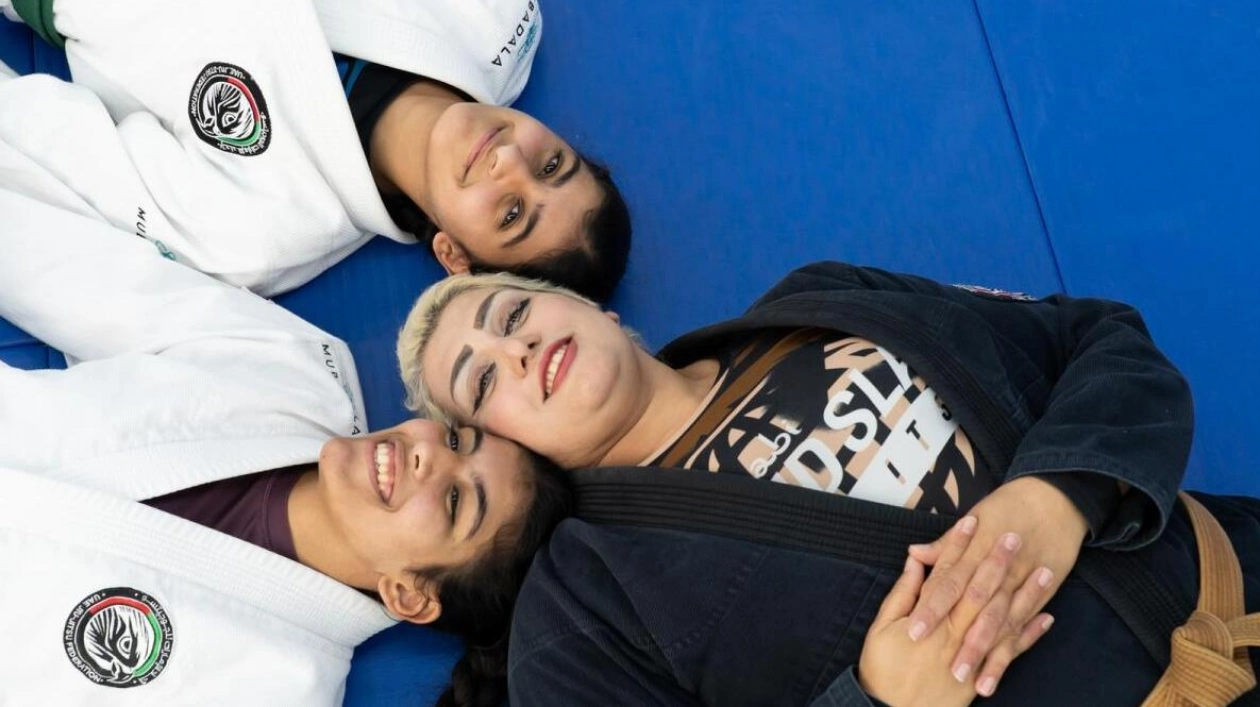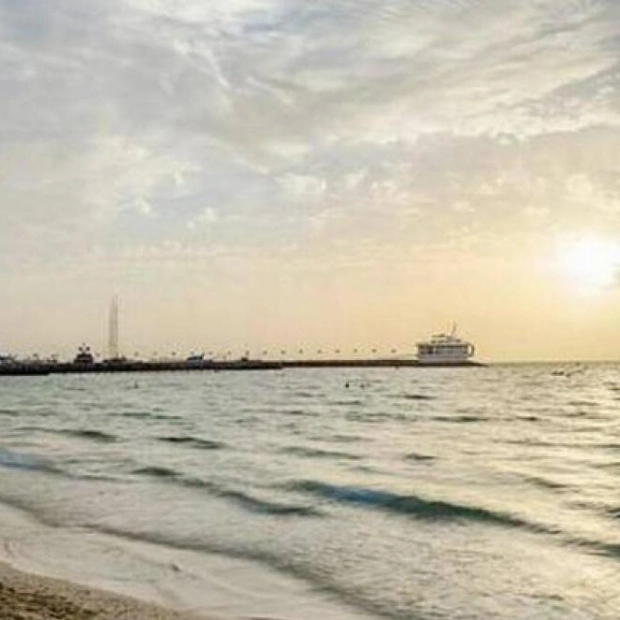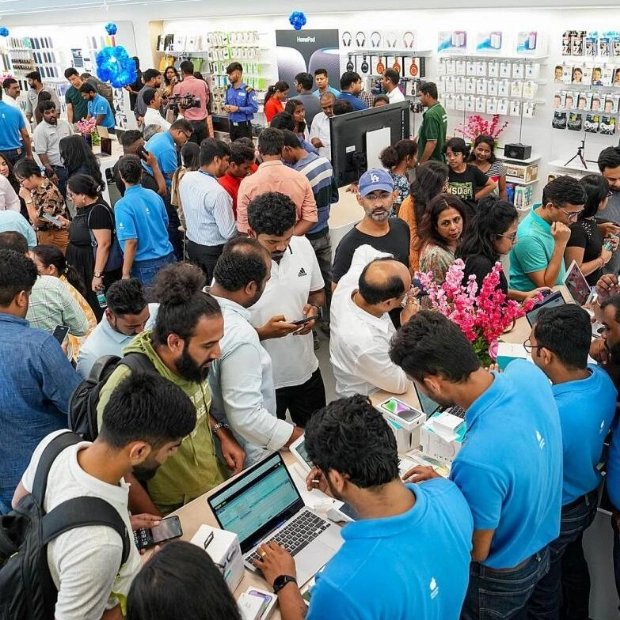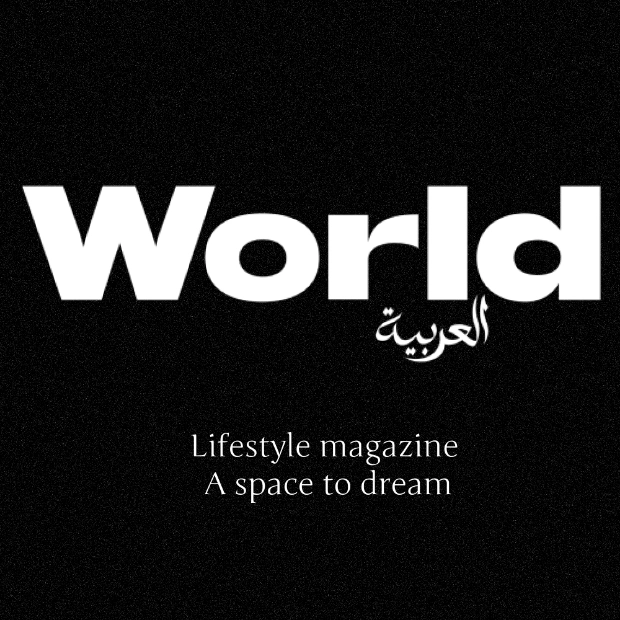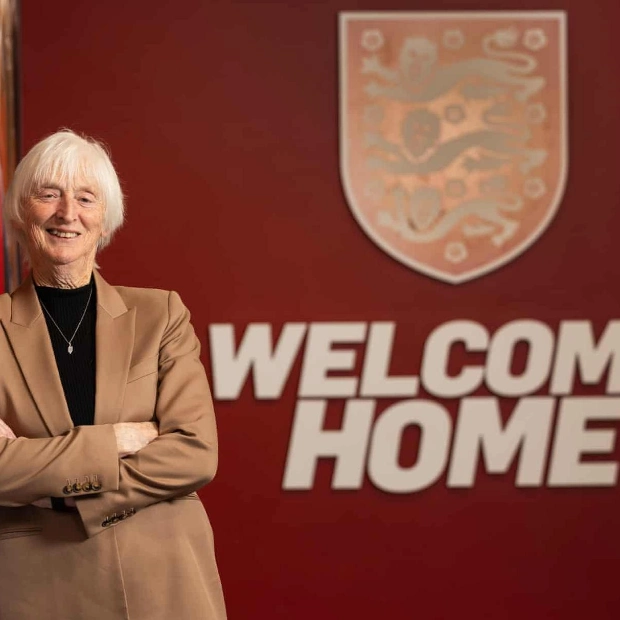Upon entering the Hammadi household, one immediately senses a strong sense of purpose—a purpose not only shaped by hours of training on the mat but also by a deep-rooted spirit of resilience that permeates this Emirati family. Before dawn, the atmosphere is charged with a distinctive energy—far from that of an ordinary family starting their day. In a world where tradition often dictates women's roles, Zamzam and Ghala Al Hammadi, under the guidance of their courageous mother, Nada Al Nuaymi, are breaking all expectations. The Emirati sisters, who recently defended their titles as true champions in the World Junior Mixed Martial Arts Championship in Abu Dhabi, greet each new day not just as young women but as fighters—both in the ring and in life.
Three years ago, when their mother was diagnosed with stage 2 cancer, the world might have expected the family to slow down. However, for the Hammadi women, adversity has always been a spur to action. As they prepare to celebrate Emirati Women’s Day, we delve into their story of determination, the unbreakable bonds of family, and their pioneering role in empowering Emirati women in combat sports.
The legacy of strength within the Hammadi family starts with Nada. In a society that often steers women towards traditional roles, she chose a different path—one that would not only define her life but also influence her children's lives. Despite growing up in a traditional household where her mother encouraged ballet or swimming, she was drawn to judo and later jiu-jitsu. “My father supported my desire to be strong and gave me the freedom to pursue this field,” Nada recalls. “Growing up, I admired Muhammad Ali so much that I wished I was born a male fighter.” Her perseverance in pursuing an unconventional path for women in her community laid the groundwork for her daughters' and son's successes.
Even during pregnancy, Nada continued training, embodying the resilience she admired in athletes like Muhammad Ali and Mary Kom. “My mother didn’t just teach us to fight, she taught us to be fighters in life,” Zamzam reflects. However, Nada’s journey was fraught with significant challenges. Three years ago, she was diagnosed with stage 2 cancer. Instead of opting for chemotherapy, she chose a strict diet of vegetables, applying the same discipline she used in her martial arts training to her health. “My mother's fight against cancer showed us what true strength is,” Ghala notes. “She was fighting for her life, and she never gave up. That taught us that we could overcome anything.”
One of the most significant moments in their journey came when Zamzam defeated the Ukrainian titleholder Kira Voliashchenko, who had held her championship for two years. She made history as the first female champion in UAE history, winning the 52kg gold in the MMA Youth World Championships 2023. “It was a tough fight, but when I took the title from her, it felt like we had made a statement,” Zamzam recounts. Ghala, too, has made significant strides with her record-setting fastest submission and gold medal, earning respect and admiration from the global martial arts community.
For their mother, it doesn’t feel like a year has passed since her daughters’ big win, especially as both managed to defend their titles this year. “She watches the video of that moment over and over, and she cries every time. She couldn’t contain her happiness when we met Sheikh Khaled [bin Mohamed bin Zayed Al Nahyan],” Zamzam says. “I was overjoyed that Sheikh Khaled got to see both my daughters’ fights. Our biggest achievement is knowing that they made the UAE leadership proud. We’re grateful for all their support,” Nada adds.
The Hammadi sisters began their martial arts journey at a very young age. While most children were learning to walk, Zamzam was already stepping onto the jiu-jitsu mat at just two and a half years old. “The mat felt like home,” Zamzam remembers, her eyes lighting up at the memory. “I always felt that it was where I belonged. I started from preschool, the schools hadn’t even yet included jiu-jitsu.” Unlike most toddlers, she found solace in the disciplined world of martial arts rather than in toys or games. Ghala, a few years younger, followed in her sister’s footsteps, initially viewing martial arts as more of a game than a serious pursuit. But it didn’t take long for both sisters to realize that this was more than just a hobby—it was their calling.
The early days were challenging—training facilities for girls were limited, and the idea of young women in combat sports was still met with scepticism. Zamzam and Ghala often found themselves training with boys because there simply weren’t enough girls in the sport. “It was a bit hard because I was training with the daughters and the sons of the coaches there,” Zamzam adds, but these challenges only fuelled their determination. Nada’s influence on her daughters extends beyond the mat. She’s not just their coach but their mentor, strategist, and biggest supporter. Under her guidance, the sisters have developed not just physical strength but also the mental toughness required to excel in such a demanding sport.
“My mom has always believed that God created women to be strong,” says Zamzam. This belief is the driving force behind her daughters’ success and their ability to break the traditional moulds that often restrict women’s roles in society. “Society often conditions us to think we’re not as strong as men, but my mom taught us that we can be strong while embracing our femininity. She wanted us to follow in her footsteps and become fighters,” she adds. This mindset has become the cornerstone of the Hammadi family’s approach to life. “She planted the techniques in us from a young age,” says Ghala, “and now we use them in our fights.”
Zamzam and Ghala train with a dedication that few can match, their daily routines meticulously planned to maximize their potential. From early morning prayers to late-night training sessions, every aspect of their lives is geared towards achieving excellence. “Our mother manages our day. We wake up, pray, have breakfast, and then train for two hours before heading to school. After school, it’s back to training—jiu-jitsu, mixed martial arts, and then another session at home before bed,” says Zamzam. “She always pushes us to keep going, even when we think we can’t.” It’s a gruelling schedule, but one that the sisters embrace wholeheartedly. “It’s when they feel tired and weak, that’s when the real training begins. It’s about tapping into survival power,” says Nada. “We don’t live a conventional life. We don’t go out or travel like other families. Everything is focused on training and competitions. But it’s worth it because I want my children to be the best.”
The journey of the Hammadi family is not just about personal achievement; it is about changing societal perceptions and paving the way for future generations of Emirati women. In a region where combat sports were once considered off-limits for women, the Hammadi sisters are challenging stereotypes and proving that women can excel in any field, even those traditionally dominated by men. However, their success has not come without resistance. In the early days, many in their community questioned why these young girls were pursuing such an unconventional path. “At first, people didn’t understand why we were doing this. They thought it was strange. But now, after seeing our journey, many people look up to my mom and want to follow in her footsteps,” says Zamzam. Today, Zamzam and Ghala are seen as trailblazers, inspiring other young Emirati girls to follow their passions, regardless of societal expectations.
As Emirati Women’s Day approaches, the Hammadi family reflects on their journey and what lies ahead. For Zamzam and Ghala, the goal is clear: they want to continue representing their country on the world stage, bringing pride to the UAE. But beyond personal achievements, they hope to inspire a new generation of Emirati women to take up combat sports and break free from the traditional gender roles. Their mother, however, has even bigger dreams. “I want my children to be like Muhammad Ali,” she says, adding that she envisions a future where Emirati women are not just participants but leaders in the world of combat sports. “With the support of the UAE’s leadership, including Sheikha Fatima [bint Mubarak Al Ketbi] and Sheikha Latifa [bint Mohammed Al Maktoum] who’ve been champions of women’s sports, along with the UAE Jiu-Jitsu and Mixed Martial Arts Federation, this vision is now becoming a reality.”
“We do it for our mother and the women of our country,” the sisters add, their eyes brimming with pride. “We want the UAE flag to fly high in the sky. When our mother sees our flag at the top and hears the national anthem, it’s the best feeling for her. My sister Ghala and I believe that winning is the least we can do for our country, which has supported us in achieving our dreams,” says Zamzam. Nada’s ultimate goal is to see her daughters’ names etched in history, not just as champions but as symbols of what Emirati women can achieve. She believes that sports serve as a gateway to understanding different cultures and building bridges between nations. “Through sports, we can learn from other countries and bring the best back to the UAE.”
